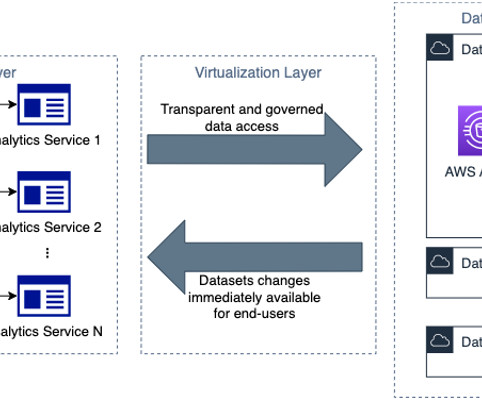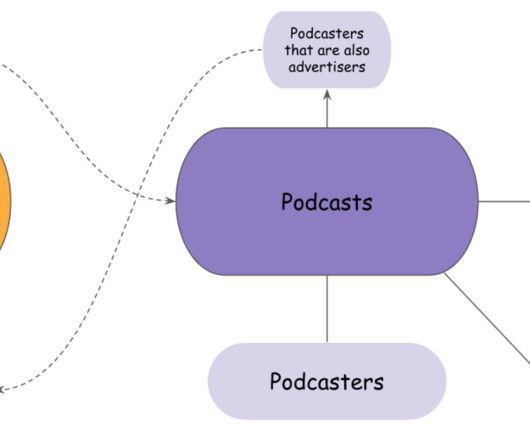Themes and Conferences per Pacoid, Episode 8
Domino Data Lab
APRIL 3, 2019
Paco Nathan ‘s latest column dives into data governance. This month’s article features updates from one of the early data conferences of the year, Strata Data Conference – which was held just last week in San Francisco. In particular, here’s my Strata SF talk “Overview of Data Governance” presented in article form.














Let's personalize your content